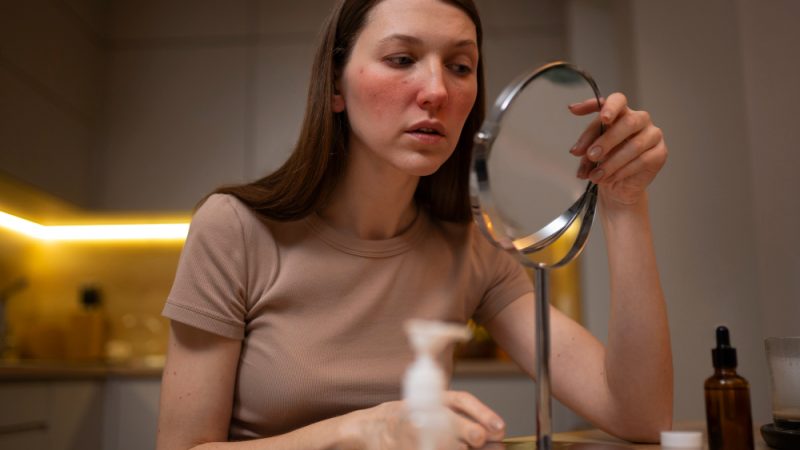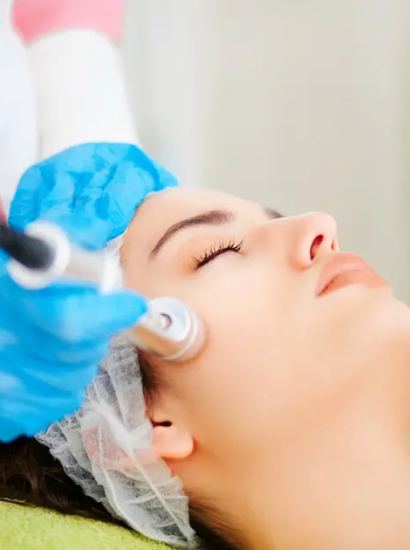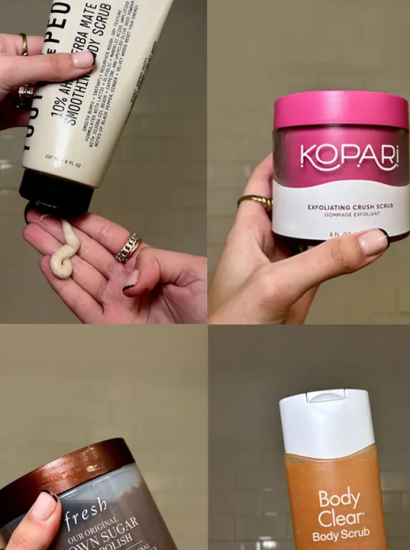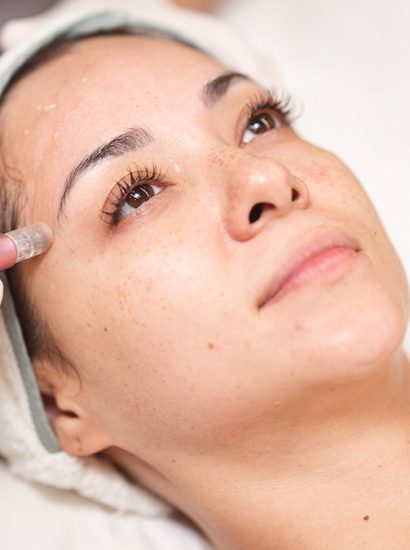Acne is one of the most common skin concerns, affecting millions of people worldwide. While conventional treatments often rely on harsh chemicals, they can sometimes lead to irritation and dryness. Fortunately, natural skincare for acne offers a gentler approach to clearing up breakouts while keeping your skin healthy and balanced.
In this article, we’ll explore effective natural remedies, skincare routines, and lifestyle changes to help you achieve clear, radiant skin—without relying on synthetic products.
Understanding Acne: Causes & Triggers
Before diving into solutions, it’s essential to understand what causes acne. Some of the most common factors include:
- Excess Oil Production – Overactive sebaceous glands can clog pores, leading to breakouts.
- Bacteria (Propionibacterium acnes) – Trapped bacteria in pores can cause inflammation and pimples.
- Dead Skin Cell Buildup – When skin doesn’t shed properly, it can mix with oil and clog pores.
- Hormonal Imbalance – Fluctuations in hormones (especially during puberty, pregnancy, or menstruation) can lead to acne.
- Diet & Lifestyle – Processed foods, dairy, sugar, and stress can contribute to acne breakouts.
Now that we understand what causes acne, let’s explore natural ways to prevent and treat it.
1. The Best Natural Skincare Routine for Acne-Prone Skin
Gentle Cleansing
Using a mild, sulfate-free cleanser helps remove dirt, oil, and bacteria without stripping the skin. Some great natural cleansers include:
- Honey – A natural antibacterial and humectant that keeps the skin hydrated.
- Aloe Vera Gel – Soothes inflammation while gently cleansing pores.
- Green Tea Cleanser – Packed with antioxidants that fight acne-causing bacteria.
DIY Cleanser Recipe: Mix 1 tsp of raw honey with a few drops of water, massage onto the skin, and rinse with lukewarm water.
Exfoliation (2-3 Times a Week)
Exfoliating removes dead skin cells that clog pores. Instead of harsh scrubs, try these natural exfoliants:
- Oatmeal – Gently removes dead skin and soothes irritation.
- Baking Soda – A mild exfoliant with antibacterial properties.
- Ground Coffee – Rich in antioxidants to rejuvenate skin.
DIY Exfoliator Recipe: Mix 2 tbsp oatmeal with 1 tbsp yogurt, apply to the skin, and gently scrub in circular motions before rinsing.
Hydration & Moisturizing
Acne-prone skin still needs moisture to prevent excessive oil production. Lightweight, non-comedogenic natural moisturizers include:
- Aloe Vera Gel – Hydrates while reducing redness and irritation.
- Jojoba Oil – Mimics the skin’s natural oils and balances sebum production.
- Rosehip Oil – Rich in Vitamin A and fatty acids that heal acne scars.
DIY Moisturizer: Mix aloe vera gel with a few drops of jojoba oil and apply it after cleansing.
Spot Treatment for Breakouts
Instead of chemical-laden acne creams, try these natural spot treatments:
- Tea Tree Oil – A powerful antibacterial that fights acne.
- Apple Cider Vinegar – Balances skin pH and kills acne-causing bacteria.
- Turmeric Paste – Reduces redness and inflammation.
DIY Spot Treatment: Mix 1 drop of tea tree oil with a few drops of water and apply directly to blemishes.
2. Natural Remedies to Treat Acne & Prevent Breakouts
Clay Masks for Deep Cleansing
Clay masks absorb excess oil and detoxify the skin. Some effective natural clays include:
- Bentonite Clay – Pulls out impurities and unclogs pores.
- Kaolin Clay – A gentle option for sensitive skin.
- French Green Clay – Reduces inflammation and absorbs oil.
DIY Mask: Mix 1 tbsp bentonite clay with water or apple cider vinegar, apply for 10-15 minutes, and rinse.
Herbal Remedies & Essential Oils
- Witch Hazel – A natural astringent that reduces oil production.
- Lavender Oil – Soothes skin and promotes healing.
- Chamomile Tea Rinse – Reduces redness and inflammation.
DIY Herbal Toner: Brew chamomile tea, let it cool, and use it as a toner after cleansing.
Dietary Adjustments for Clear Skin
What you eat significantly affects your skin. To prevent acne, focus on:
- Anti-Inflammatory Foods – Leafy greens, turmeric, and berries.
- Healthy Fats – Avocados, nuts, and omega-3-rich fish.
- Hydration – Drink plenty of water and herbal teas.
3. Lifestyle Changes to Support Clear Skin
Reduce Stress & Improve Sleep
Stress triggers cortisol production, leading to breakouts. To keep stress levels low:
- Practice meditation or deep breathing exercises.
- Get at least 7-9 hours of sleep per night.
- Exercise regularly to promote blood circulation and detoxification.
Keep Your Skincare & Makeup Clean
- Wash your pillowcases weekly to prevent bacteria buildup.
- Avoid touching your face frequently.
- Use non-comedogenic makeup and remove it before bed.
4. Natural Acne Scar Treatments
Even after acne heals, scars can remain. Here are natural ways to fade them:
- Lemon Juice – Lightens dark spots with natural Vitamin C.
- Aloe Vera & Vitamin E – Repairs damaged skin and reduces scarring.
- Rosehip Oil – Promotes collagen production for smoother skin.
DIY Scar Treatment: Apply a few drops of rosehip oil to acne scars daily.
Conclusion
Achieving clear skin naturally is possible with the right skincare routine, diet, and lifestyle habits. By using gentle cleansers, hydrating naturally, and incorporating healing herbs and oils, you can reduce acne and maintain healthy skin without harsh chemicals.
If you’re struggling with persistent acne, try these natural skincare tips—and remember, patience and consistency are key!
FAQs
What is the best natural ingredient for acne-prone skin?
Tea tree oil, aloe vera, and honey are among the best natural remedies for acne.
Can I use coconut oil for acne?
Coconut oil is comedogenic, meaning it can clog pores. It’s better for dry skin rather than acne-prone skin.
How long does it take for natural remedies to work?
Results vary, but most people notice improvements within 2-4 weeks of consistent use.
Is drinking water enough to clear acne?
While hydration helps, it should be combined with a healthy diet and proper skincare routine for the best results.
Do natural remedies work for severe acne?
For severe acne, natural remedies may help but should be used alongside professional treatments.
Can stress cause acne?
Yes! Stress triggers hormonal imbalances, leading to breakouts. Managing stress is key to clear skin.
Also read: The Ultimate Skincare Routine for Men: Look Fresh & Feel Confident





